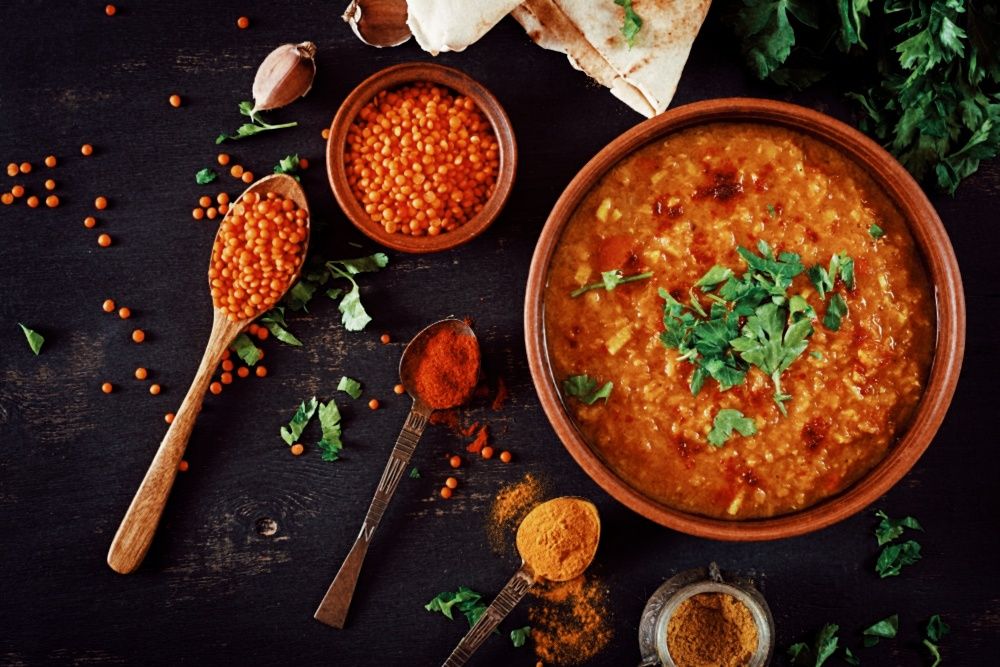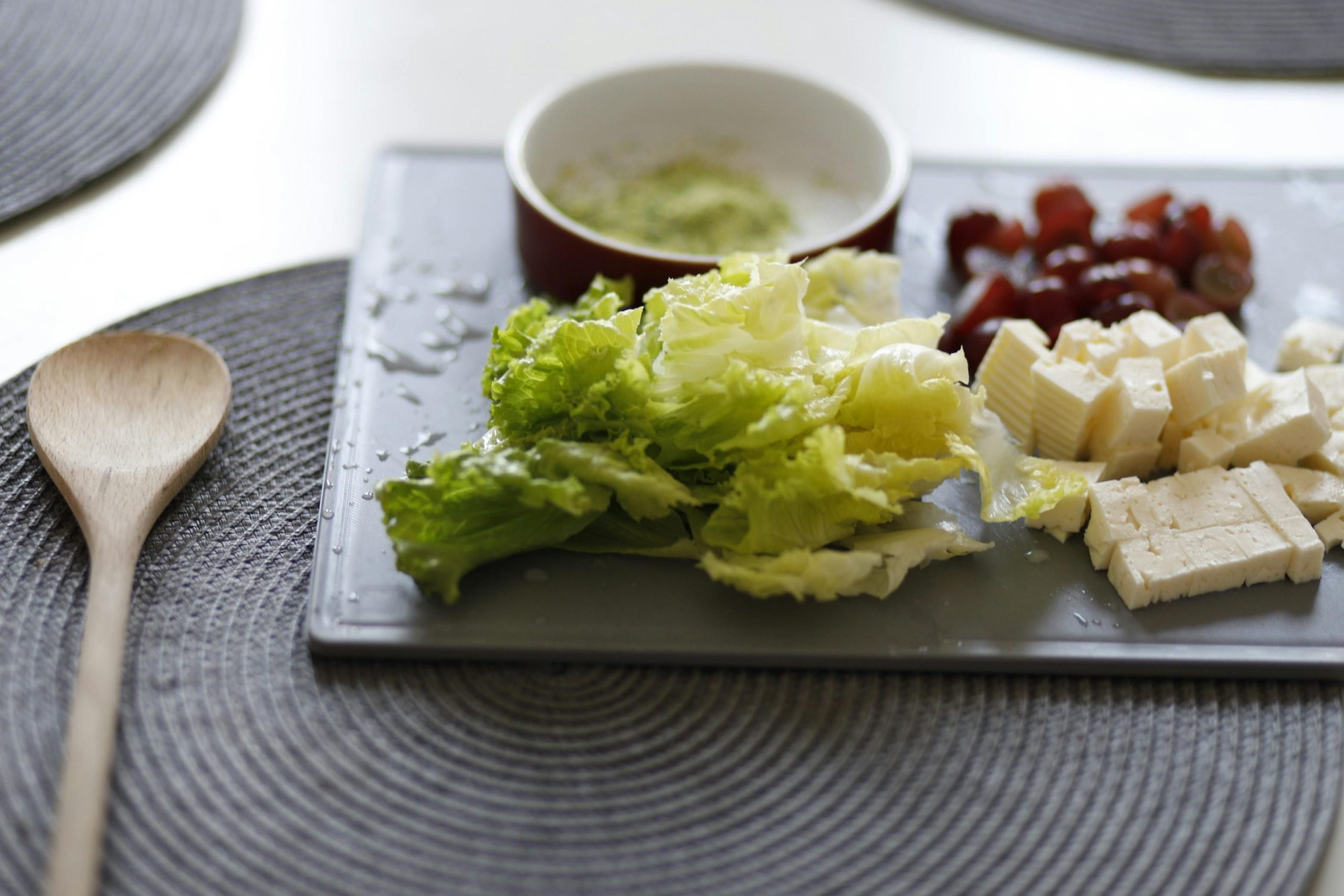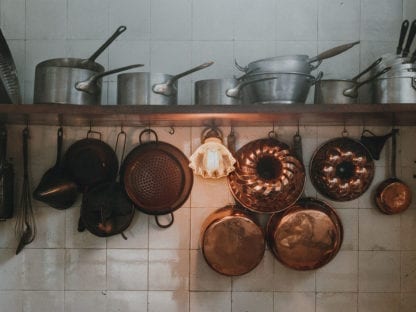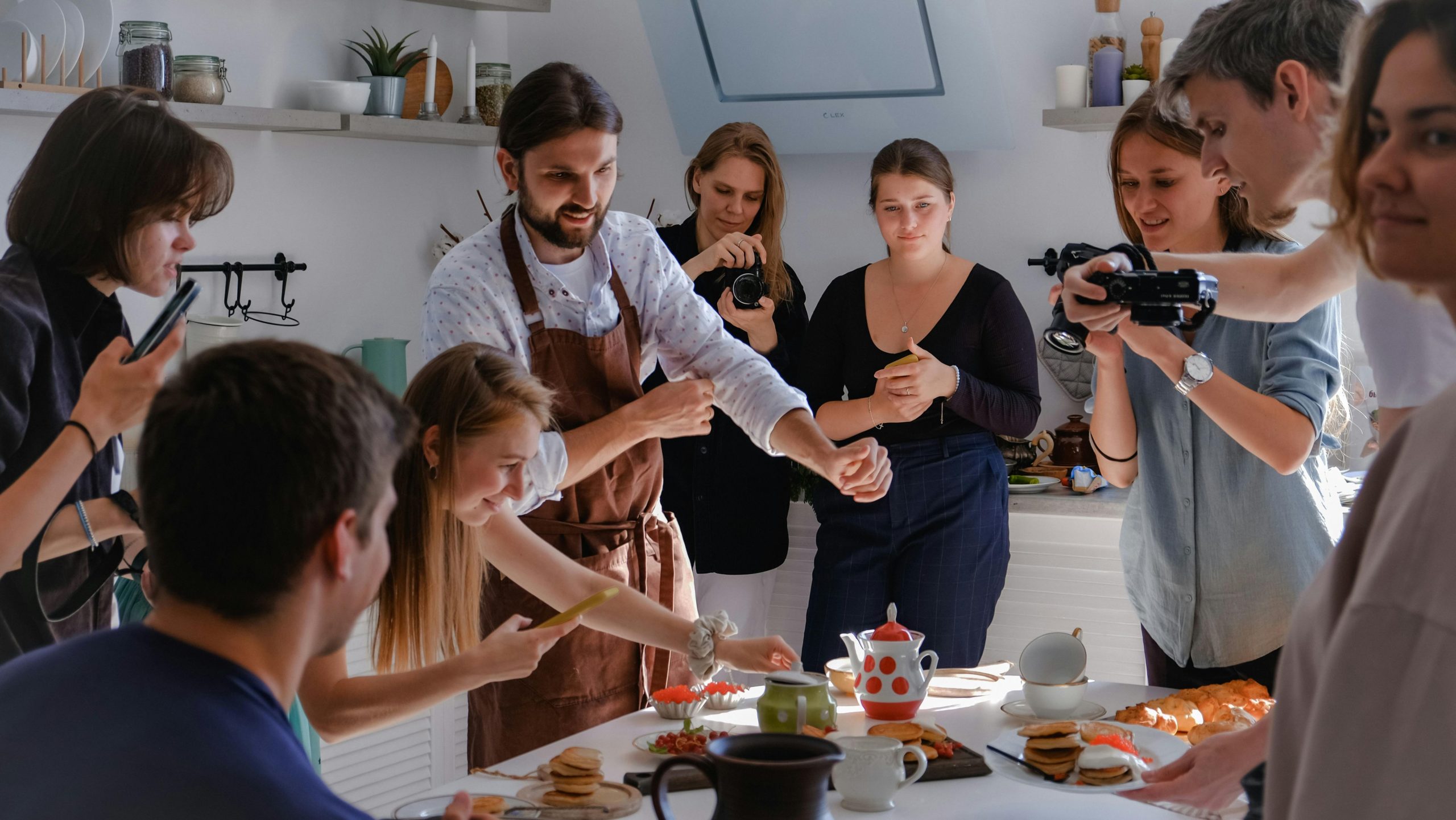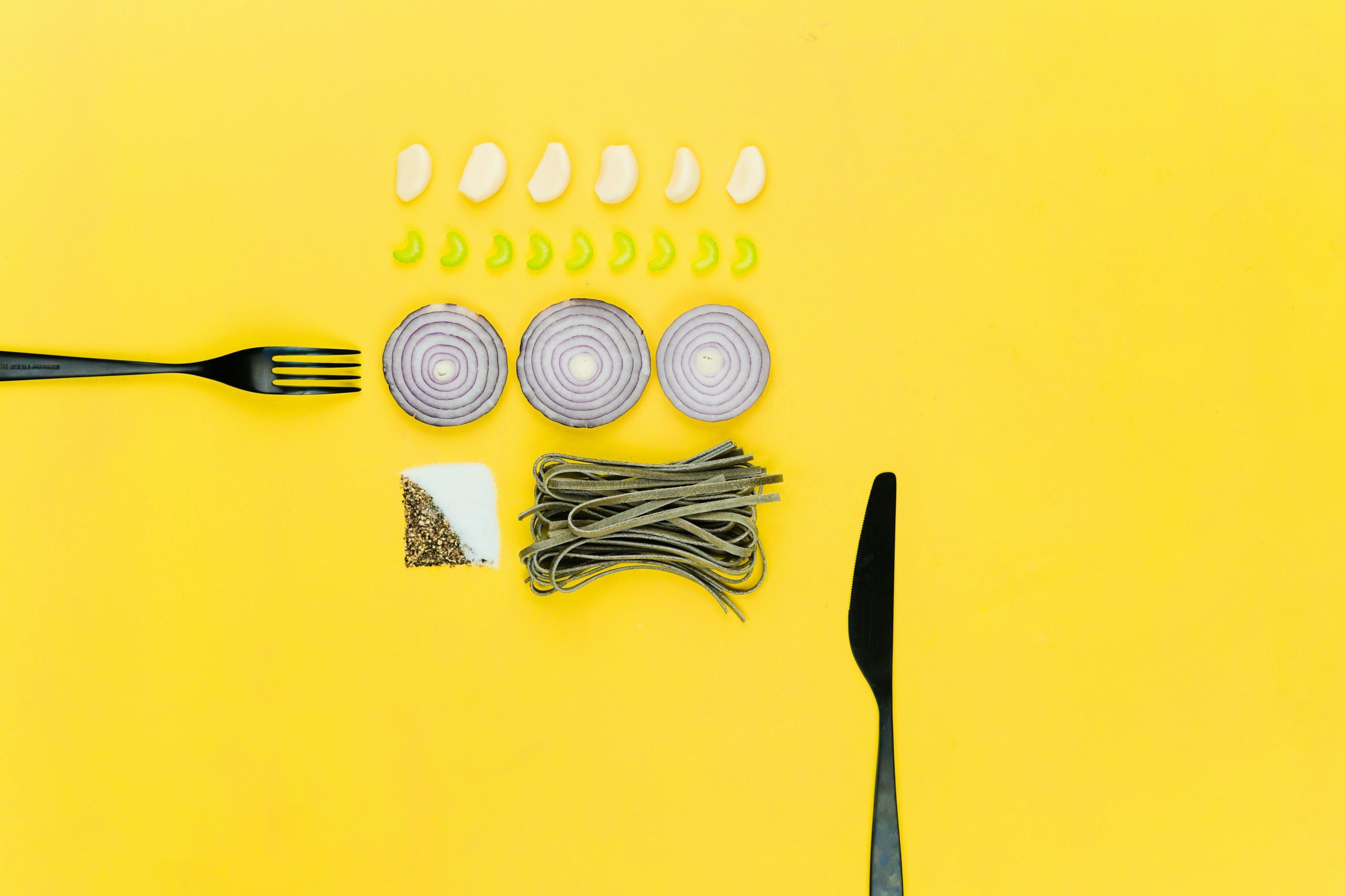Have you ever been tantalized by the rich flavors of Indian cuisine and wished you could recreate them at home?
Finding the right cooking class that truly dives into authentic Indian cooking can be a challenge, especially with so many options available.
Luckily, there are numerous cooking classes available in various locations like Lucerne Seetal, Lausanne, and Zug, offering personalized and traditional Indian cooking lessons right in the comfort of your own home or theirs.
In this blog, we’ll guide you through choosing the best Indian cooking class near you, explore the basics of Indian cooking, and even delve into advanced techniques and global cuisine mastery, ensuring you’re equipped to whip up delicious Indian meals on your own.
Choosing the Right Indian Cooking Class Near You

When looking to choose the right Indian cooking class, it’s essential to consider your current skill level and culinary interests. Beginners might look for classes that cover basic techniques and fundamental dishes, while more advanced cooks could benefit from classes that delve into complex recipes and cooking methods. Ensure the class matches your comfort level to get the most out of your learning experience.
Another key factor is the focus of the cooking class. Some classes might concentrate on specific regional cuisines, such as Northern or Southern Indian cooking, which can vastly differ in flavors and techniques. Additionally, consider the class size and format—smaller classes or private sessions offer more personalized guidance, which is crucial when mastering intricate dishes. By aligning these factors with your learning goals, you can select an Indian cooking class that truly enriches your culinary skills.
Benefits of Personalized Indian Cooking Classes

Personalized Indian cooking classes offer a unique advantage as they tailor the learning experience to your specific needs and preferences. Whether you’re a beginner or an advanced cook, these classes adjust to match your skill level, ensuring you’re neither overwhelmed nor under-challenged. This customization makes learning more effective and enjoyable, as you can progress at your own pace and focus on areas that interest you the most.
Moreover, personalized classes cater to your dietary preferences, which is especially beneficial for those with specific dietary restrictions like vegan or gluten-free lifestyles. In these classes, you can learn how to:
- Adapt traditional Indian recipes to meet your dietary needs
- Use alternative ingredients without compromising on taste
- Explore a variety of dishes that cater to your personal health requirements or ethical choices
This approach not only enhances your cooking skills but also ensures that the meals you prepare are perfect for your personal or family’s dietary needs.
Basics of Indian Cooking: Fundamental Meals to Start With

Indian cuisine is a treasure trove of flavors, and starting with the basics can make it less daunting for beginners. Fundamental meals in Indian cooking often involve simple ingredients that blend to create rich, aromatic dishes. These basics are not only easy to learn but also form the foundation for more complex recipes.
For those new to Indian cooking, mastering a few key dishes like dal (lentil soup), roti (flatbread), and a simple vegetable curry can be a great start. These dishes teach the art of balancing spices and understanding the cooking techniques that define Indian cuisine.
Embracing Vegan Indian Cooking
Embracing vegan Indian cooking opens up a world of rich flavors and healthful benefits. Key dishes like Chana Masala and Aloo Gobi use ingredients like chickpeas and cauliflower, spiced with turmeric, cumin, and coriander, proving that vegan food can be both delicious and satisfying.
The Art of Vegetarian Indian Cuisine
Vegetarian Indian cuisine is not only about health benefits but also the incredible variety it offers. Dishes such as Paneer Butter Masala and Vegetable Biryani showcase how vegetables and spices come together to create meals that are both nutritious and full of flavor.
Exploring South Indian Cooking
South Indian cooking is distinct with its liberal use of mustard seeds, curry leaves, and coconut. Learning to make Dosa and Sambar can be an exciting challenge for any cooking enthusiast, offering a taste of South India’s rich culinary heritage.
Advanced Indian Cooking: Fine Dining Techniques

Advanced Indian cooking goes beyond basic recipes, diving into fine dining techniques that elevate simple dishes into culinary masterpieces. Molecular gastronomy, often seen in upscale Indian restaurants, incorporates elements like foam and gel to enhance the sensory experience of traditional flavors. By learning these methods, you can replicate the elegance of fine dining right in your kitchen.
To master these sophisticated techniques, consider focusing on:
- Plating and presentation skills to create visually stunning dishes
- Advanced spice blends that enhance flavor complexity
- Slow-cooking methods that deepen dish textures and tastes
These skills not only improve your cooking but also prepare you to impress at any culinary gathering with a touch of Indian finesse.
Global Cuisine Mastery Including Indian Cooking
Mastering Indian cooking is just the beginning of a culinary adventure that can expand into global cuisine. By incorporating techniques and flavors from different cultures, you can enhance your cooking repertoire significantly. For instance, learning how to blend Indian spices with Italian pasta or creating a fusion dish like Indo-Chinese chili chicken can open up new possibilities in the kitchen.
Here are some ways to incorporate global cuisine techniques into your Indian cooking skills:
- Experiment with cooking methods like Japanese tempura or French sautéing alongside traditional Indian frying and simmering.
- Use ingredients like Mexican chipotle or Greek feta to add a unique twist to classic Indian dishes.
- Attend workshops that focus on multiple cuisines to broaden your culinary perspective and skills.
Participate in an Indian Cooking Workshop Near You
Engaging in a hands-on Indian cooking workshop near you can be a transformative experience. Whether you’re a beginner eager to learn the basics or an advanced cook looking to refine your skills, these workshops offer a practical approach to mastering Indian cuisine. By participating, you not only learn to cook but also understand the cultural significance behind each dish.
Workshops typically cover a variety of topics, including how to select the right spices, the art of blending them, and techniques specific to Indian cooking. Here are a few benefits of attending these workshops:
- Direct guidance from experienced chefs
- Opportunities to ask questions and get immediate feedback
- A chance to practice as you learn, which helps in retaining new skills
These workshops are not just about cooking; they’re about experiencing the joy and community that comes with creating and sharing a meal.
Elevate Your Culinary Skills with Indulge‘s Exclusive Tours
After mastering the basics of Indian cooking, why not elevate your culinary journey by exploring the rich flavors of Zurich with INDULGE‘s exclusive tours? These curated experiences are designed to deepen your understanding of both local Swiss cuisine and international culinary techniques, offering a unique blend of education and enjoyment.
By participating in INDULGE‘s tours, you’ll enjoy benefits such as: – Guided sessions with local chefs and sommeliers – Exclusive access to Zurich’s top dining venues – An immersive experience in Zurich’s vibrant food scene. Ready to take your culinary skills to the next level? Visit https://indulge-food.ch/ to book your tour and discover the flavors of Zurich.
Frequently Asked Questions
Where to start learning cooking?
For beginners interested in Indian cooking, starting with fundamental meals is recommended. Key dishes to begin with include dal (lentil soup), roti (flatbread), and a simple vegetable curry. These dishes help in learning the art of balancing spices and understanding basic Indian cooking techniques.

